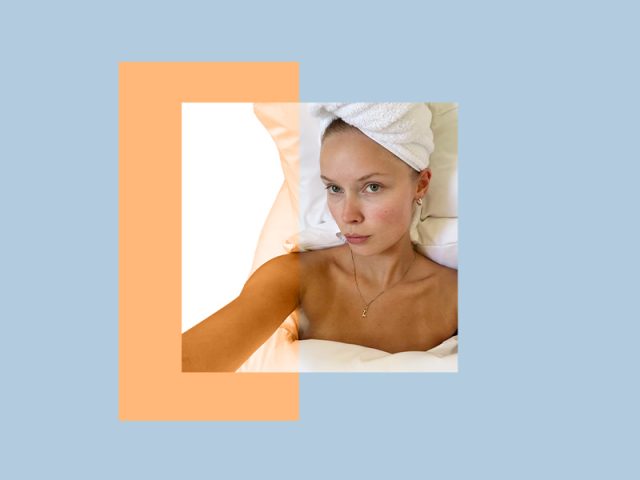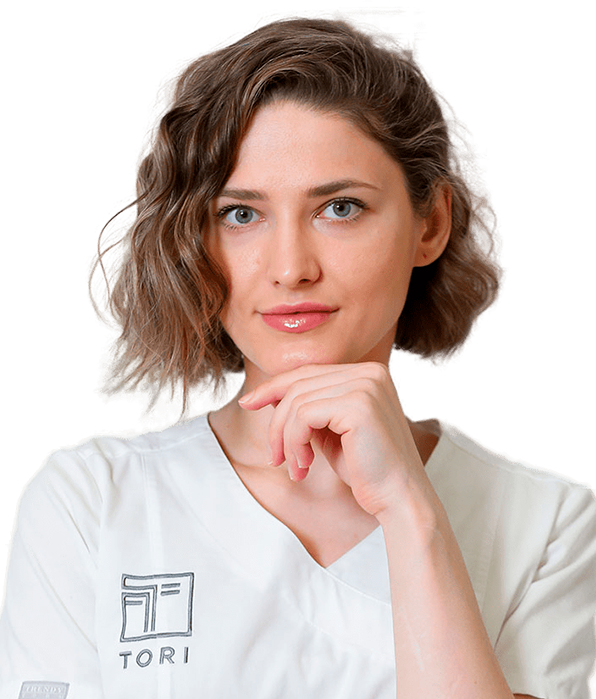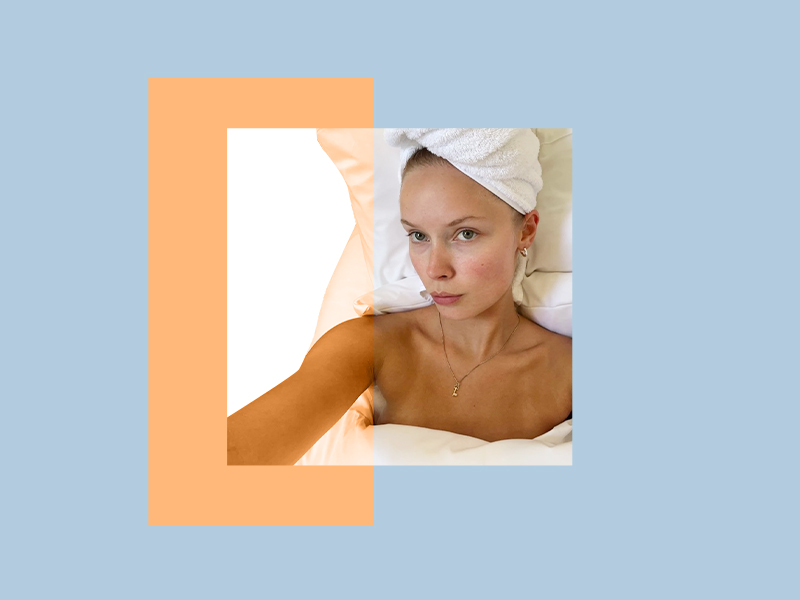
Age spots can be time-consuming and expensive to remove. Therefore, it is best to prevent their appearance in the first place. We talked to Elena Sevryukova, a cosmetologist and aesthetician at the Tori Clinic of Aesthetic Medicine and Cosmetology, about which cosmetics can trigger them.

Elena Sevryukova
What ingredients in cosmetics increase photosensitivity?
To begin with, it is worth saying what photosensitivity or photosensitivity is. This is an increased sensitivity of the body (especially the skin and mucous membranes) to the influence of ultraviolet or visible radiation.
Cosmetics containing the following ingredients may increase sun exposure.
— Essential oils. For example, sandalwood, cedar, lemon, lime. Therefore, essential oils and cosmetics containing them should not be used in the sun.
— Retinol. Most often used in autumn and winter. This is due to increased skin sensitivity to light. But not everything is so simple. In some scientific sources, only retinoids are mentioned for this property: isotretinoin and acitretin. Even if you use retinol only in the evening in the summer, no more than twice a week, strong sun protection is necessary on all fronts throughout the day.
— Acids. The conversation about acids is a bit more controversial. The phototoxicity that many people talk about has only been proven for glycolic acid. This effect is not observed for other alpha hydroxy acids (AHAs) (lactic, almond, grape). The same applies to salicylic acid and azelaic acid. Salicylic peels containing more than 20% acid alone are not recommended. More than 2% is usually not used in cosmetics, in which case it is safe even when interacting with the sun.
What can cause pigmentation?

Not only cosmetics with aggressive components can cause age spots. Provocative factors also include some medications and injuries.
Medicines
There are drugs that increase the risk of pigmentation: antibiotics, antidepressants and anxiolytics (“anti-anxiety”), neuroleptics, non-steroidal anti-inflammatory drugs, antiallergic drugs, diuretics, chemotherapy drugs, etc. These drugs cause increased sensitivity to ultraviolet rays of the skin, which can increase pigmentation and cause dark spots. In addition, taking the described drugs can lead to disruption of the synthesis of melanin, the pigment responsible for skin color, which can also cause pigmentation.
Injuries
Often pigment spots appear in areas with abrasions, cuts or other injuries (for example, after grinding, RF needle removal, peeling). This occurs due to overactive melanin production in the affected area. Therefore, after some cosmetic procedures, doctors strongly recommend using sunscreen.
Hormonal imbalances
Adolescents, pregnant women and women in menopause are at risk. Sex hormones have a significant impact on the process of skin cell division and melanin synthesis.
Skin diseases
Pigmentation can be caused by various skin pathologies. Most often, this problem occurs after acne.
Heredity
In some people, the appearance of dark spots on the skin is genetic. In this case, you need to be responsible in using sunscreen, knowing your predisposition.
Do enzyme powders or peels increase photosensitivity?

Enzyme powder does not increase photosensitivity. Scrub is a mechanical exfoliation tool. Its main function is to remove dead cells, impurities and excess sebum from the skin surface due to the friction force of solid particles. Therefore, you should never apply the scrub to inflamed skin or areas with wounds or scratches. This can worsen existing problems and cause long-term discomfort. It is also better not to use the scrub more than once or twice a week and to apply SPF protection before sun exposure.
Should we avoid acidic and retinol cosmetics during active sun periods?
If you use SPF cream every day, you won’t have to exclude anything from your home beauty routine during the summer months, not even products with acids and retinol.
If you have already encountered pigmentation, in the autumn and winter months you can safely go for phototherapy, peelings and other procedures to correct dark spots.
Source: People Talk
I’m Roger Gritton, and I’ve been writing for the The Fashion Vibes for over 5 years now. My specialty is beauty news; I’m passionate about covering the latest trends, products, and innovations in the industry. In my time there, I’ve become known as an authority on all things beauty-related.
I love discovering new experts to interview, researching up-and-coming ingredients and techniques that are making their way onto our beauty shelves and highlighting people who are making a difference in the world of cosmetics. My work has appeared not only on The Fashion Vibes, but also several other publications including the New York Times Magazine, Allure Magazine and Refinery29.





